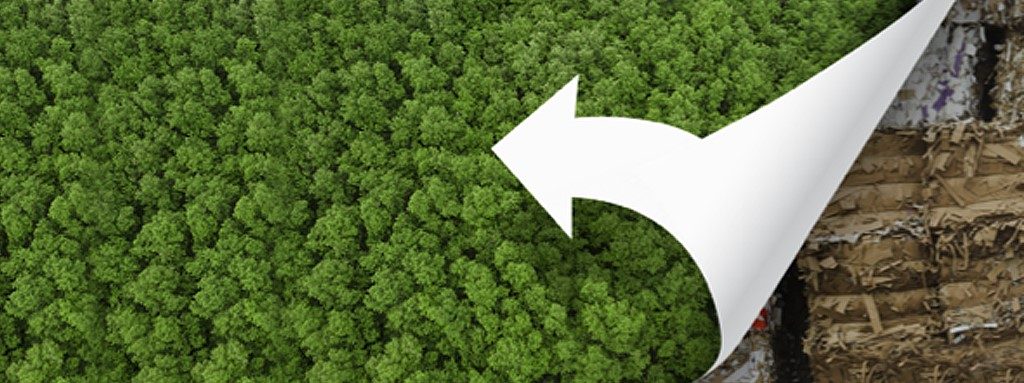

What is recycling?
Recycling is generally to include the wastes, having no possibility of revaluation, into the production stage again by applying various physical and chemical processes. The natural resources are utilized in every stage of paper and glass production. However, the natural resources do not last forever. Therefore, the wastes, occurred after the production, are converted to source through recycling in order to prevent the waste of resources.
Why is recycling necessary?
Preventing usage of unnecessary resource and sorting wastes at the beginning requires getting rid of trash dump.
Acquiring the materials such as iron, steel, copper, electronic wastes, paper, plastic and glass through recycling helps conservation of the natural resources. This makes contribution to the economy by reducing the foreign currency amount, paid for the scrap materials which are imported from various countries.
Recycling is a vital factor to protect the nature. Regaining the waste paper for paper industry through recycling reduces the air pollution between the rate of 74% and 94%, and water pollution at 35% and water consumption at 45%. Taking 1 ton of waste paper into production saves 17 trees to be cut. The recycling issue is important for the sense of patriotism in some countries. The ones want to contribute to the development of the country and to the preservation of natural beauty defend and implement the recycling principles by identifying them with the concept of citizenship.
What is paper recycling?
Waste paper; the tree, forest, water and air we breathe, in short, it means life. We believe that we need to protect our forests as Mopak. The forests are the richest renewable natural energy sources. They are in the position of the ruthless enemy of erosion and the biggest supporters of the earth. They are the insurance of agricultural soil.
If 1 ton of used paper is recycled;
- cutting down 17 trees
- the destruction of an area of 70 m2 is prevented.
- 4100 kwh of electricity
- 32.000 liters of water
- 1750 liters of fuel oil is saved.